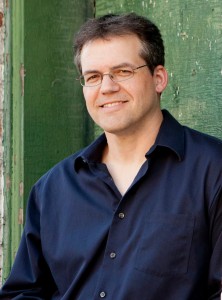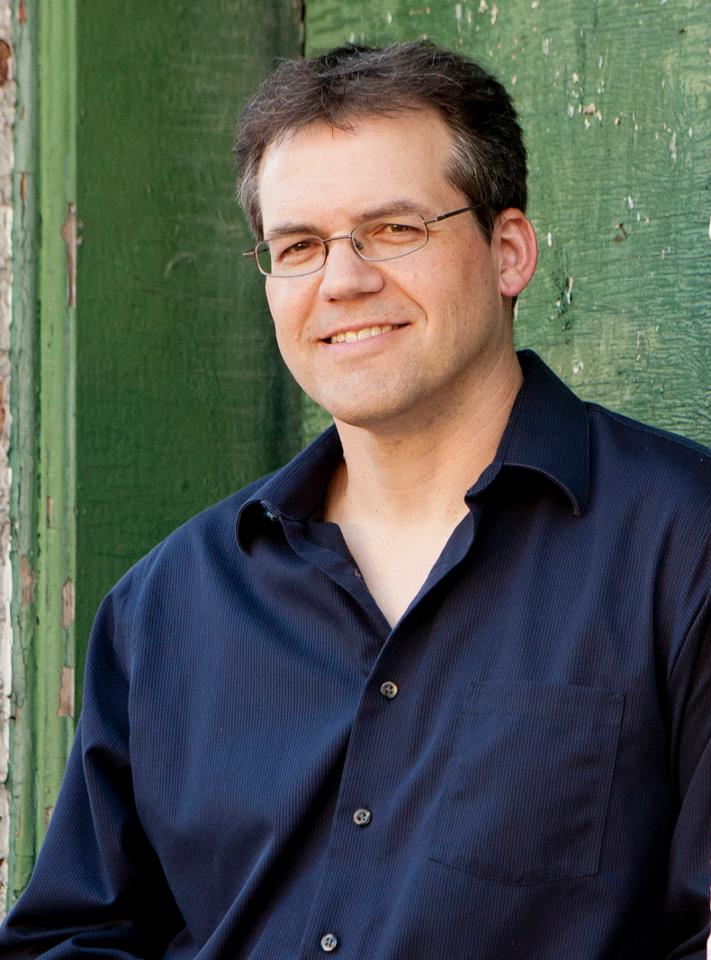
By Jae-Ha Kim
Tribune Media Services
January 22, 2013
As Ken Budd was turning 40, his father died of a heart attack. After the author heard from countless people about what an impact his father had made on their lives, he began to question his own purpose in the world. He began to do volunteer work and spent a couple weeks in New Orleans helping the victims of Hurricane Katrina. Then Budd began a six-country quest to find more meaning in his life and his travels led to a special needs school in the outskirts of China, a home for HIV-afflicted children in Kenya and an elementary school in Costa Rica.
Budd’s trips volunteering — which he paid for himself — resulted in his memoir “The Voluntourist” (William Morrow). Now 47, the writer — who lives in the Washington, D.C. area — has donated his book advance and the resulting royalties to the various places at which he volunteered. For more information on the author and his book, visit his website.
Q. When you were doing volunteering travel, did you find yourself questioning how valuable you really were to the various causes you supported?
A. Yes. Everywhere I went, I thought, “This is a huge mistake! I’m an idiot. I don’t know how to do anything.” But even unskilled people like me could haul trash and paint or clean up some of the destruction. These volunteering vacations have nothing vacation-like about them. The evenings and some weekends were free, but the rest of the time was an intense work experience. It was only after I got home that I could take a step back and say, “That was intense, but it was also unique and special.”
Q. How were you received overseas?
A. The criticism that we sometimes receive is that we’re westerners trying to feel good about ourselves. And everywhere I went I was questioned, “What can you really do in two weeks?” And in a way, that’s correct. What can you do? I have to look at it as doing a little bit of good. I always found that the people we were helping were happy to have us. We were at a special needs school in China. They said that just by us being there, it helped break up their routine, which they all said they needed. The woman who ran the school said, “You probably don’t think you’re doing much here, but it means a lot to us that you came here from the U.S. to help us.”
Q. After doing these trips, did you feel guilty taking a normal vacation?
A. Three months after we were in Kenya, we went to a wedding in St. Martin and I thought that it just felt wrong — that we should be building something! But, after these volunteer trips, I always felt like I needed a vacation. It’s sort of a strange sensation to suddenly be relaxing, but there’s something to be said for it.
Q. What was the first trip you took as a child?
A. When I was a kid, we did some driving trips. We went to New York and I remember going to Coney Island and it was empty. The guy let me stay on some carnival ride forever because no one was there. I got sick on it! I was about six or seven years old. The place was deserted. I’ve been to New York many times, but I’ve never been back to Coney Island. I should go back.
Q. What’s on your travel bucket list?
A. The bucket list is big. There are a lot of places I went to without my wife that I would like to return to with her. I want to take her to China, Ecuador, Peru, Alaska. … I would like to explore more of Asia as well. I was only in Xi’an, China, so it’s like we flew all the way out there but only got to see a tiny bit of China.
Q. What do you stick into your carry-on bag?
A. If you travel enough, you just want to go lighter each time. My journal became indispensable to me. I never thought I was going to write a book. I just wanted to keep track of my experiences. I took my camera. After a bad stomach experience in China, I now always pack Pepto tablets and Imodium. In the refugee camp where we were staying in Palestine, some of the volunteers were sick and asking me for Pepto. I felt like a drug dealer. What else? I did invest in some quick-dry shirts and, of course, a toothbrush. That’s about it.
Q. In your book, you mention that a fellow volunteer said that you only learn about yourself when you’re outside your comfort zone. When were you out of your comfort zone?
A. Numerous times! When I arrived in Tel Aviv, I made the mistake of saying I was volunteering in Palestine. That was reason for scrutiny. Security on the return trip was even more intense than when I arrived. It was a long, exhaustive process, the pinnacle of which was dropping my pants for two guys in a back room who ran a wand over me. And then I got completely re-examined at the gate before I could get on the flight, along with a fellow volunteer.
Q. What are some of your favorite cities?
A. I love New York, even though I don’t think I could live there. I’m a lifelong D.C. fan. I love San Francisco. I always thought I could live in Boston. Paris is too obvious, but it’s beautiful. Chicago is one of my top five cities. And Xi’an, China. When my friend and I were there, he said, “This reminds me of Paris.” I think Xi’an actually is the anti-Paris, but I thought it was wonderful.
Q. Where have you traveled to that most reminded you of home?
A. I remember feeling that way in China. It was the most jarring feeling, because I don’t speak Chinese and I had no experience with special needs kids. It was overwhelming at times — emotionally and intellectually — but at the end, I felt like I’d been there my entire life and that I’d known these kids forever. It was a very strange feeling. It’s like the thunderstorm that used to scare you kind of becomes a comfort for you.
Q. Are you an adventurous eater when you’re in foreign places?
A. Food! That to me is the fun part of every culture. That’s one of the great things of these trips. You see the places from the inside and get out of the tourist bubble. The food at the school was the best food we had in China. It was really fantastic — so good and fresh. And when we were in Kenya, we stayed with a local woman and her family and ate “poor people’s food,” as she called it, and it was just amazing.
Q. What would be your dream trip?
A. What I really liked about these volunteer trips is the immersive quality. You really put down some serious roots while you’re there. My dream trip wouldn’t be about where I’m going, but how long I’m staying. I’d love to stay in a place for a long time and get to know it in a more intimate manner. I like museums as much as anybody, but what you really remember about your travels are the people. At least I do.
Q. What is your guilty pleasure when you’re on the road?
A. I’m a real sucker for the obvious tourist trinket. I’m all over the little statues of the Eiffel Tower or the Statue of Liberty. And if it’s in action figure form and it’s touristy, I’ll buy it.
© 2013 JAE-HA KIM
DISTRIBUTED BY TRIBUNE MEDIA SERVICES, INC.

One of the best answers I’ve ever read to your wonderful questions..very cool guy.
Excellent read, I just passed this onto a colleague who was doing a little research on that. And he actually bought me lunch because I found it for him smile So let me rephrase that: Thanks for lunch!